-
 bitcoin
bitcoin $115692.075601 USD
5.13% -
 ethereum
ethereum $4162.931611 USD
11.68% -
 bnb
bnb $1310.063287 USD
17.56% -
 tether
tether $1.000983 USD
0.00% -
 xrp
xrp $2.534505 USD
8.16% -
 solana
solana $198.235737 USD
13.49% -
 usd-coin
usd-coin $1.000236 USD
0.02% -
 dogecoin
dogecoin $0.207352 USD
12.89% -
 tron
tron $0.323043 USD
3.62% -
 cardano
cardano $0.701559 USD
11.88% -
 hyperliquid
hyperliquid $39.924597 USD
8.30% -
 chainlink
chainlink $18.934457 USD
11.56% -
 ethena-usde
ethena-usde $1.000552 USD
0.02% -
 stellar
stellar $0.340575 USD
7.05% -
 bitcoin-cash
bitcoin-cash $545.011757 USD
8.86%
What happens if you send an NFT to the wrong address?
Scientists have discovered a new species of deep-sea fish with unique bioluminescent features, shedding light on biodiversity in Earth's least-explored ecosystems.
Oct 13, 2025 at 09:17 am
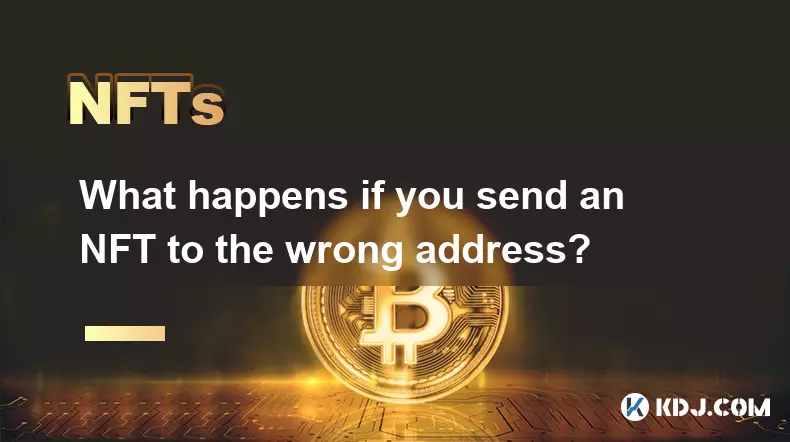
Understanding the Consequences of Sending an NFT to the Wrong Address
1. Once an NFT is sent to a wallet address on the blockchain, the transaction is irreversible. Unlike traditional financial systems where customer support can reverse transactions, blockchain operates on decentralized consensus mechanisms that do not allow modifications or rollbacks after confirmation.
2. If the recipient address is valid and controlled by another user, the NFT becomes their property. There is no built-in mechanism within most blockchains to reclaim assets sent in error. The ownership is recorded immutably on the ledger, meaning the new holder has full control over the digital asset unless they voluntarily return it.
3. In cases where the address is inactive or unowned, the NFT may remain trapped indefinitely. Some wallets generate addresses that have never been accessed, and sending assets there effectively removes them from circulation. This scenario is equivalent to permanent loss, as there is no way to contact a non-existent owner.
4. A small chance exists if the sender knows the recipient personally or can identify them through public records. Blockchain explorers sometimes reveal associated usernames or social media links tied to certain addresses. Reaching out directly might result in cooperation, but this depends entirely on the goodwill of the recipient.
5. Mistaken transfers highlight the importance of verifying wallet addresses before confirming any transaction. Even a single incorrect character can redirect an NFT to an unintended destination with no recovery option available through technical means.
Preventive Measures to Avoid Misdirected NFT Transfers
1. Always double-check the recipient's wallet address before hitting confirm. Copying and pasting instead of manually typing reduces human error significantly. Many users fall victim to typos when entering long alphanumeric strings.
2. Utilize wallet services that support ENS (Ethereum Name Service) or similar domain-based identifiers. Instead of using raw addresses like '0x...', you can send to names such as 'yourname.eth', which are easier to verify and less prone to mistakes.
3. Conduct a test transfer with a minimal-value token before sending high-value NFTs. This practice helps confirm the receiving wallet functions correctly and belongs to the intended party.
4. Enable two-factor authentication and use trusted platforms for managing digital assets. Phishing attacks often trick users into sending NFTs to attacker-controlled addresses disguised as legitimate ones.
5. Store frequently used addresses in a secure address book within your wallet application. This minimizes exposure to fake or spoofed addresses during repeated transactions.
The Role of Smart Contracts in NFT Transactions
1. Smart contracts govern how NFTs are transferred across blockchain networks. These self-executing agreements contain the rules and conditions encoded at the time of creation, leaving no room for exceptions once deployed.
2. When a user initiates a transfer, the smart contract validates ownership and processes the movement of the token based on predefined logic. No central authority intervenes, ensuring autonomy but also eliminating dispute resolution pathways.
3. Some advanced NFT projects implement recovery features within their contracts, though these are rare. For example, a project team might retain administrative privileges to freeze or reissue tokens under exceptional circumstances, but this introduces centralization risks.
4. Most standard-compliant NFTs, such as those following ERC-721 or ERC-1155 on Ethereum, lack recovery functions. Their design prioritizes decentralization and censorship resistance over user-error protection.
5. Developers exploring safer NFT frameworks are experimenting with timelock transfers and multi-signature approvals. While not mainstream yet, these approaches could reduce accidental losses in future implementations.
Recovering an NFT sent to the wrong address is nearly impossible due to the immutable nature of blockchain technology. Prevention through careful verification remains the only reliable safeguard.
Frequently Asked Questions
Can a blockchain explorer help retrieve a mistakenly sent NFT? A blockchain explorer allows you to track the transaction and view the destination wallet’s activity, but it does not provide tools for retrieval. You can monitor the address for movements, but accessing the NFT requires authorization from the current owner.
Are there any services that specialize in recovering lost NFTs? While some companies claim to offer recovery solutions, they cannot alter blockchain records. Their services typically involve mediation—contacting wallet owners or analyzing metadata—but success depends on external cooperation, not technical intervention.
What happens if I send an NFT to a contract address? Sending an NFT to a smart contract address that isn’t designed to handle it may result in permanent loss. The token will appear in the contract’s balance, but without withdrawal functionality coded into the contract, it cannot be extracted.
Is it possible to trace who owns a wallet address? Public blockchains display all transactions linked to an address, but identifying the real-world owner requires off-chain information. Exchanges, KYC procedures, or public disclosures may reveal identity, but most wallet holders remain pseudonymous.
Disclaimer:info@kdj.com
The information provided is not trading advice. kdj.com does not assume any responsibility for any investments made based on the information provided in this article. Cryptocurrencies are highly volatile and it is highly recommended that you invest with caution after thorough research!
If you believe that the content used on this website infringes your copyright, please contact us immediately (info@kdj.com) and we will delete it promptly.
- XRP Price Prediction: Weekend Rollercoaster or Rally?
- 2025-10-12 08:45:16
- Bittensor (TAO): Super Bullish Signals Point to Potential 2x Rally
- 2025-10-11 10:25:12
- Silver Price Correction: Navigating the Dip & Identifying Key SEO Keywords
- 2025-10-11 10:25:12
- Decoding Crypto Trends: Bittensor's Bull Run, Cardano's Dip, and LivLive's Presale Buzz in 'Uptober 2025'
- 2025-10-12 08:45:16
- MoonBull: The Crypto Meme Coin Promising 1000x Gains?
- 2025-10-11 10:30:01
- Crypto Payroll Revolution: Stablecoins, Altcoins, and the Future of Salary Payments
- 2025-10-11 10:30:01
Related knowledge

What happens if you send an NFT to the wrong address?
Oct 13,2025 at 09:17am
Understanding the Consequences of Sending an NFT to the Wrong Address1. Once an NFT is sent to a wallet address on the blockchain, the transaction is ...
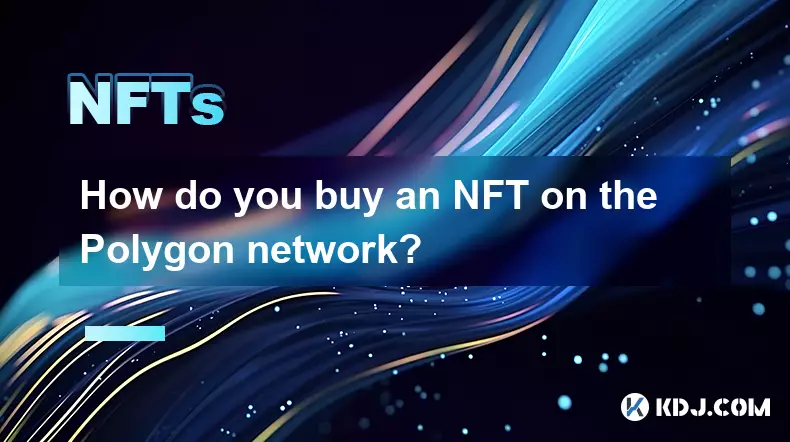
How do you buy an NFT on the Polygon network?
Oct 12,2025 at 09:54am
Understanding the Polygon Network for NFT Purchases1. The Polygon network is a Layer 2 scaling solution built on top of Ethereum, designed to reduce t...
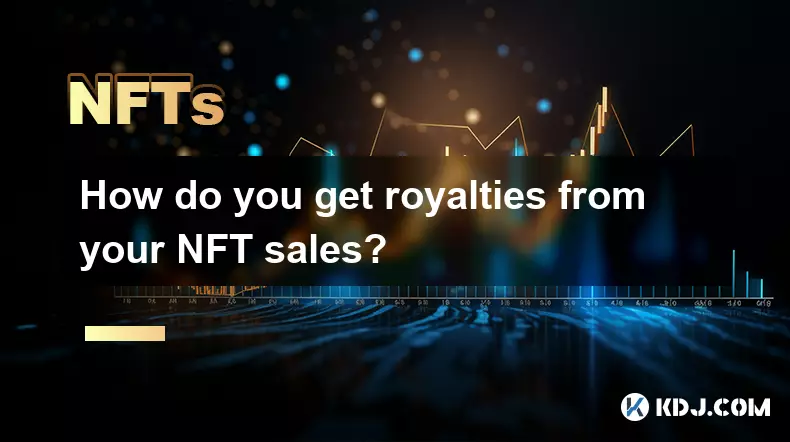
How do you get royalties from your NFT sales?
Oct 13,2025 at 02:18am
Earning Royalties Through NFT Marketplaces1. When you create an NFT, you can embed royalty terms directly into the smart contract that governs it. Thi...
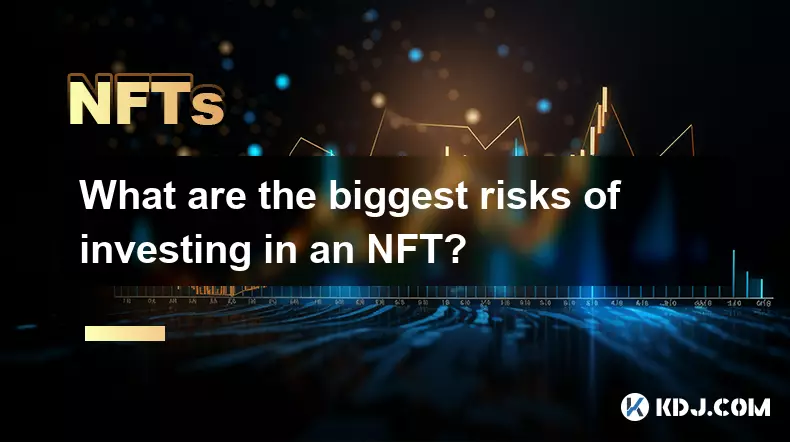
What are the biggest risks of investing in an NFT?
Oct 13,2025 at 05:00am
Volatility and Market Speculation1. NFT prices are heavily influenced by market sentiment, which can shift rapidly due to social media trends, celebri...
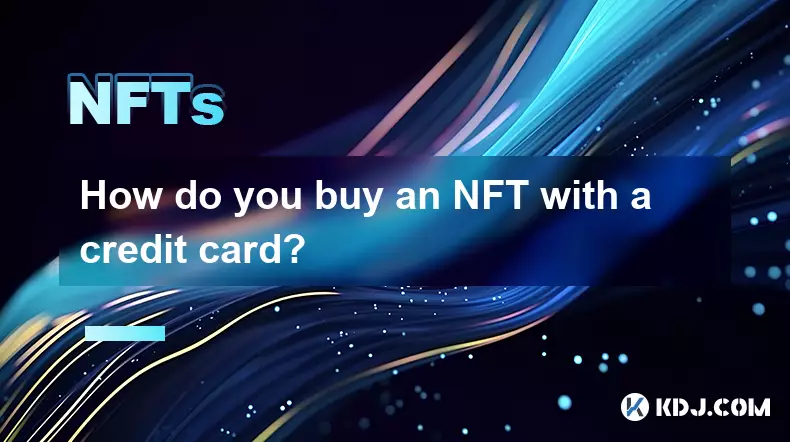
How do you buy an NFT with a credit card?
Oct 12,2025 at 01:19am
Understanding the Process of Purchasing NFTs with a Credit Card1. Digital ownership has evolved significantly with the rise of non-fungible tokens (NF...
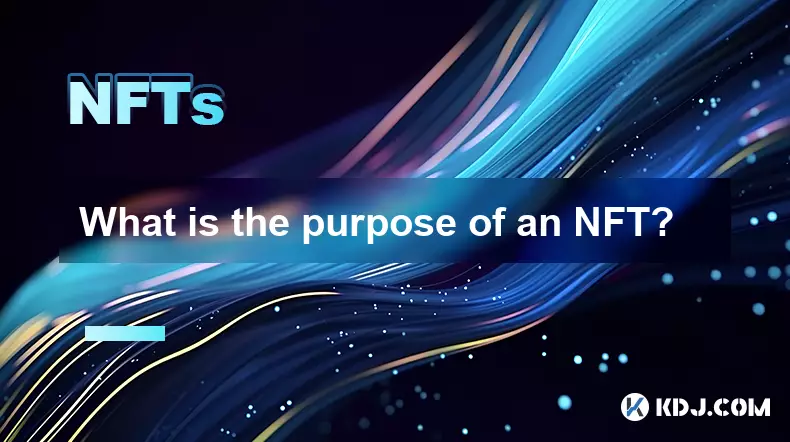
What is the purpose of an NFT?
Oct 11,2025 at 01:54pm
Understanding the Role of NFTs in Digital Ownership1. NFTs, or non-fungible tokens, serve as unique digital identifiers recorded on a blockchain, ensu...

What happens if you send an NFT to the wrong address?
Oct 13,2025 at 09:17am
Understanding the Consequences of Sending an NFT to the Wrong Address1. Once an NFT is sent to a wallet address on the blockchain, the transaction is ...

How do you buy an NFT on the Polygon network?
Oct 12,2025 at 09:54am
Understanding the Polygon Network for NFT Purchases1. The Polygon network is a Layer 2 scaling solution built on top of Ethereum, designed to reduce t...

How do you get royalties from your NFT sales?
Oct 13,2025 at 02:18am
Earning Royalties Through NFT Marketplaces1. When you create an NFT, you can embed royalty terms directly into the smart contract that governs it. Thi...

What are the biggest risks of investing in an NFT?
Oct 13,2025 at 05:00am
Volatility and Market Speculation1. NFT prices are heavily influenced by market sentiment, which can shift rapidly due to social media trends, celebri...

How do you buy an NFT with a credit card?
Oct 12,2025 at 01:19am
Understanding the Process of Purchasing NFTs with a Credit Card1. Digital ownership has evolved significantly with the rise of non-fungible tokens (NF...

What is the purpose of an NFT?
Oct 11,2025 at 01:54pm
Understanding the Role of NFTs in Digital Ownership1. NFTs, or non-fungible tokens, serve as unique digital identifiers recorded on a blockchain, ensu...
See all articles























![[4K 60fps] Anyway by Retropt (1 Coin) [4K 60fps] Anyway by Retropt (1 Coin)](/uploads/2025/10/13/cryptocurrencies-news/videos/k-fps-retropt-coin/68ec4f42a41d0_image_500_375.webp)


















































